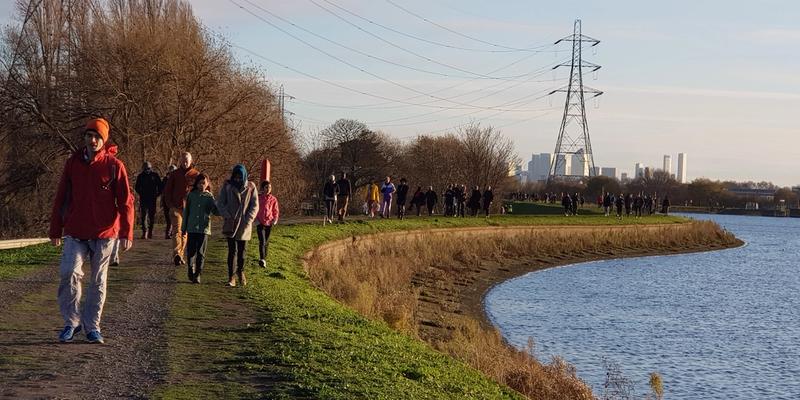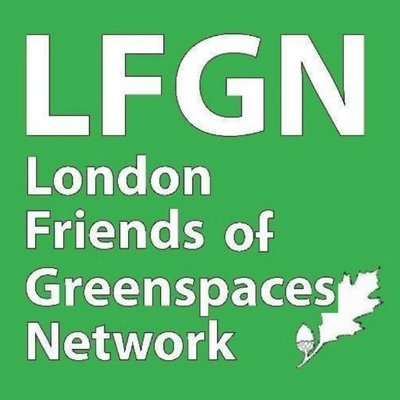There’s a hint of the 1950’s about the look of the orange fringe of the rug against the summer grass. You can almost feel the warmth as the sun sets against a gentle murmur of conversation and laughter. This was life under lockdown in the summer as many of us took to parks with a couple of friends to escape the tedium of being effectively housebound. Parks were busy places with runners, walkers and others like me seeking a momentary mental release from lockdown.
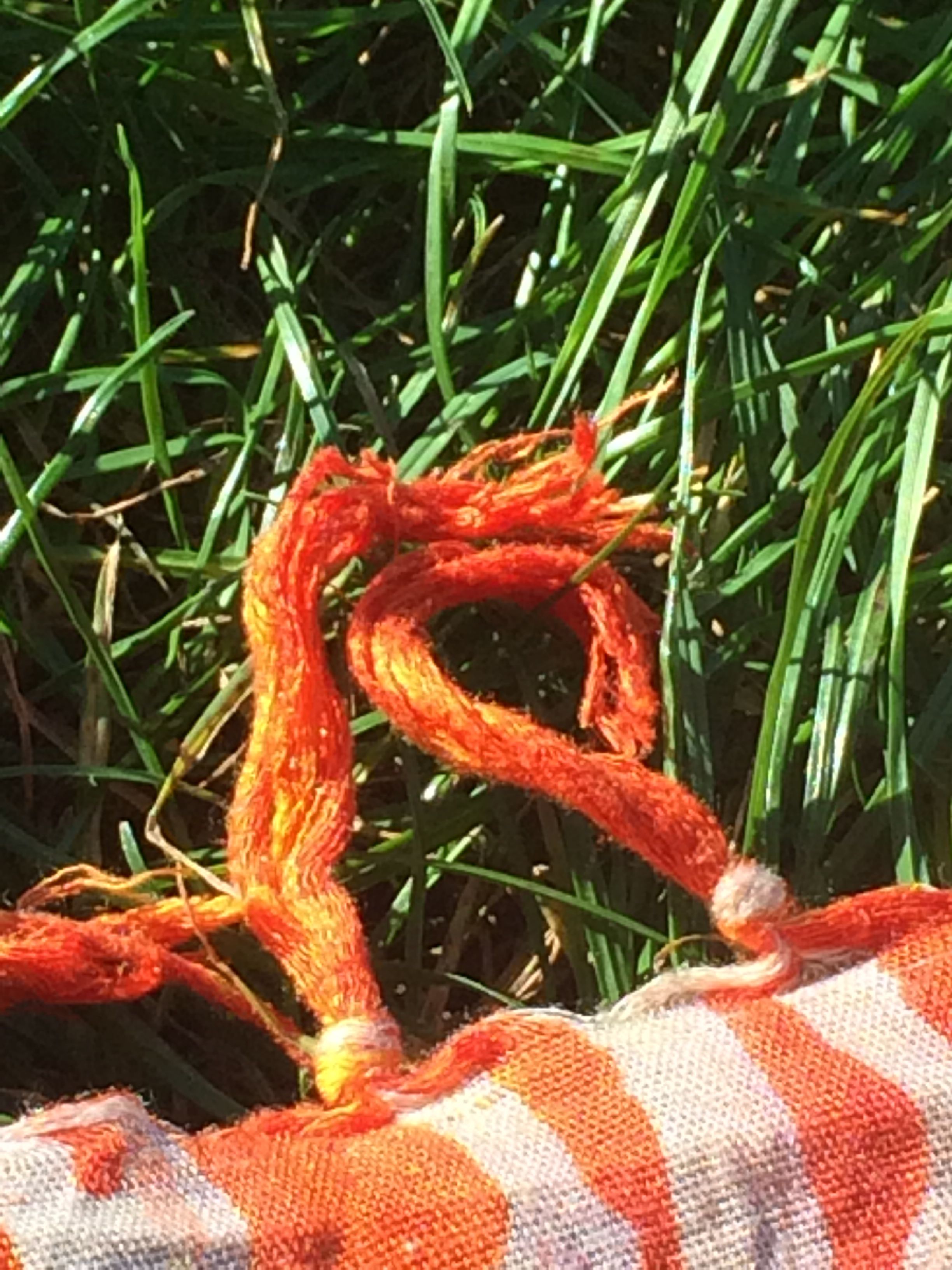
That was when we clapped on the doorsteps. Now. People are trying to maintain their jobs by working hard at home or from vastly changed workspaces, where casual conversation is muffled by masks and physical contact is as good as outlawed. Gone too are the parks of warm sunshine
Our parks appear busier than ever. Visitor numbers are probably about the same as they were during their elevated peak in the original national lockdown, it’s just that the days are shorter, so numbers are concentrated in fewer hours. There is less leisure and yet more pressure on top of the levels experienced before as people come to terms with short days and long nights. Park outings have become workaday places with people pacing out their excess energy, or running for fitness before the light fades.
The pleasure of having time to simply “be” in a park has been wrapped-up and put on a shelf along with our summer clothes. The UK is not a nation of outdoor people like France, Spain or warmer climes. Here, Café culture is strictly an activity for when temperatures rise above 20C.
We do not like to admit it, but parks also have a societal issue we must address. Casual harassment or sexual intimidation.
Ask any woman and you’ll most likely discover they will routinely take the long route home when alone to avoid dark parks. Others pretend to be mid-conversation on their phone as they walk briskly through, or hold keys bunched-up in their tightly balled fists. Many actively decide not to have their hair in a ponytail and will cover themselves head to toe in dark, shapeless clothing. For them, a jog in a dark park is out of the question. Their behaviour and lives are unfairly shaped and twisted by experiences of sexual harassment, violence, racism or intimidation.
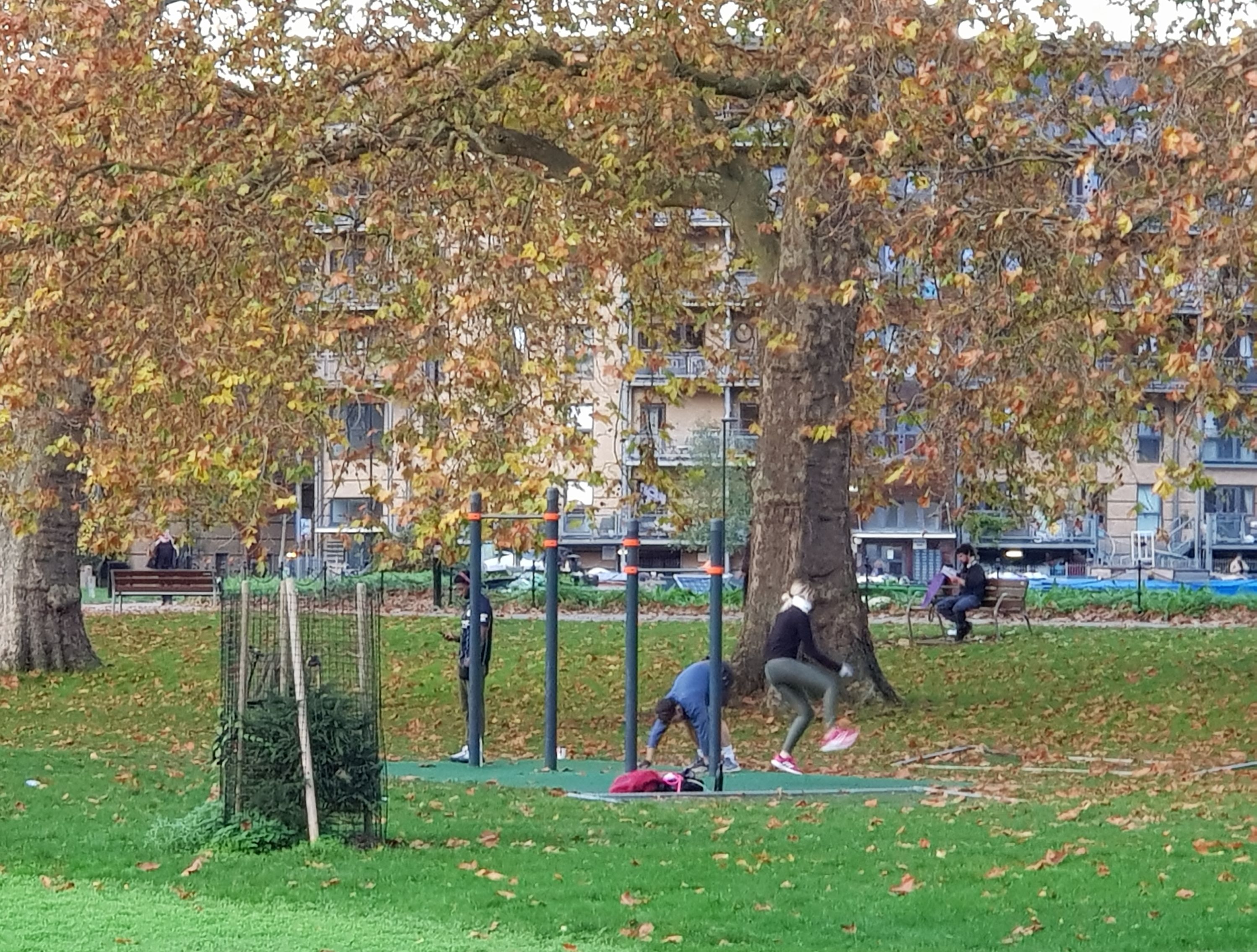
The figures are astonishing. From parks, university campuses and bus stops to our local high streets, girls across the UK are harassed every day. 1 in 5 girls have experienced harassment in the UK during lockdown. 94% want it made illegal [see www.ourstreetsnow.org for info). Relentless harassment is holding girls back, impacting their mental health, restricting their freedom and making them feel unsafe. Anyone should be safe to enjoy a park or public space whenever they want.
Black Lives Matter and the Stop Street Harassment movements re-set the bar of public behaviour, pushing it upwards. The sickly economy and social inequality are dragging it back down; its descent aided by the desperation of people struggling to keep their homes or put food on the table after losing income due to Covid lockdowns. Petty crime is on the rise and our Police are under-equipped to deal with it. The more people we have in parks, the safer they become.
At a time when we need safe places for our physical and mental health more than ever, is our fear of dark parks holding us back? However hard or however long you wash your hands, you won’t be able to wash away the fear of what might happen in the park in the dark. Adding insult to injury, lots of people are masked, so even friends can look sinister at first glance.
So what can we all do?
The Suzy Lamplugh Trust has a webpage full of advice on personal safety created mainly for women but the guidance is good for men too: https://www.suzylamplugh.org/personal-safety-out-and-about
Parks went through a safety crisis once before when lots of shrubs and fences were ripped out and intrusive lighting systems were installed. That progress came at the expense of the biodiversity in the parks. We now know that designated running routes through parks are the way forward. These are well lit, close to public areas and have wide clear views where people can’t hide. You can twin-up with a friend for an evening jog. Some Friends groups have discussed women only jogging evenings where there would be wardens monitoring designated routes.
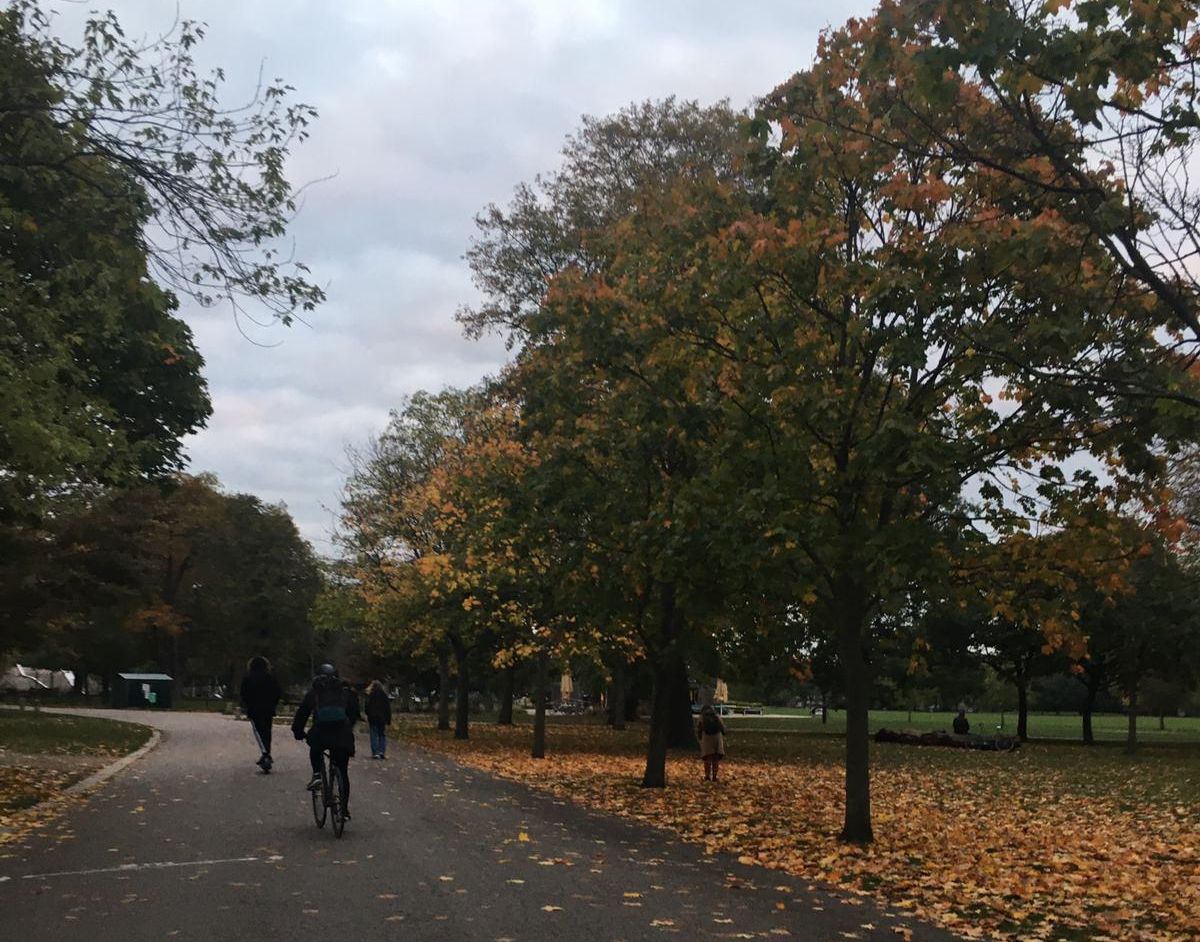
If you do exercise pre-dawn or post-dusk, the best advice is to layer-up, including hands and feet, wear bright reflective clothing to increase your visibility. Head-torches can help avoid twisted ankles from potholes, and will of course light-up dark corners; but as your eyes have adjusted to their bright beam your peripheral vision will be reduced. Most people will instinctively stick to well-lit, busy areas for exercise. Some runners have started to liaise with friends to coordinate running times, effectively creating “busy” running routes. There are personal alarms and apps you can download for peace of mind, such as “Map My Run”. Its live tracking feature can be shared with trusted friends, allowing them to monitor your location and progress.
Five other personal safety apps:
- bSafe
- Circle of 6
- Scream Alarm!
- Silent Beacon
- Watch over me
One outcome of the Covid pandemic is that more people are working from home, so may have a little more control over their own time, allowing them to exercise during daylight hours. There is a #GetUpGetOut campaign encouraging sunrise running or walks. It is a great time to experience parks in the silver morning light when wildlife is waking. The other photogenic time to get out is golden hour as the sun sets, casting long shadows and igniting nature’s colours.
We all need these public spaces too much to give them up to a minority of desperate lawbreakers or our own fears and concerns. Do continue to use parks and green spaces but do so safely and do report any suspicious activity or harassment when it’s safe for you to do so.
Remember the Covid rules too. Maintain your distance, respect and greet other park users and do follow the Suzy Lamplugh Trust guidance. Above all, enjoy and love your local park for all it brings to your community.
